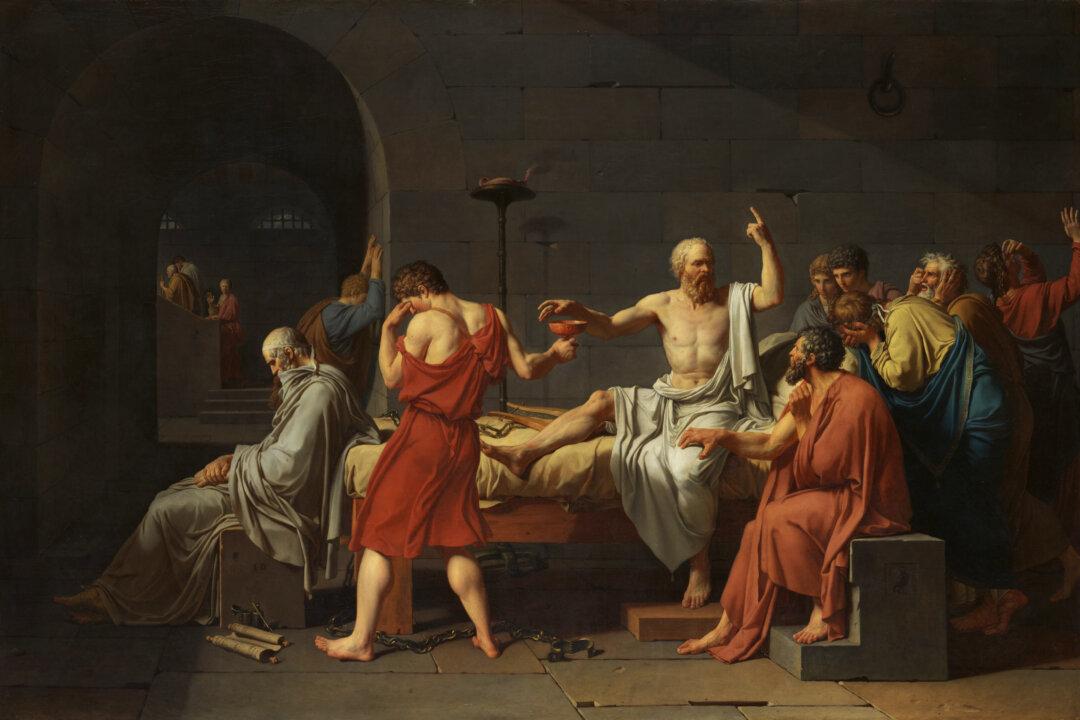Celebrated film critic Roger Ebert’s essay, “Go gentle into that good night,” spells out his principles and philosophies on a range of themes: religion, God, the purpose of life, the afterlife, death, faith, and truth. The essay’s title plays on Dylan Thomas’s profound poem. As Thomas’s poem pondered his father’s imminent death, Ebert’s essay ponders his own death, as he’d wrestled repeatedly with cancer.

Film critic Roger Ebert at the 2003 IFP Independent Spirit Awards in 2003. Jon Kopaloff/Getty Images





